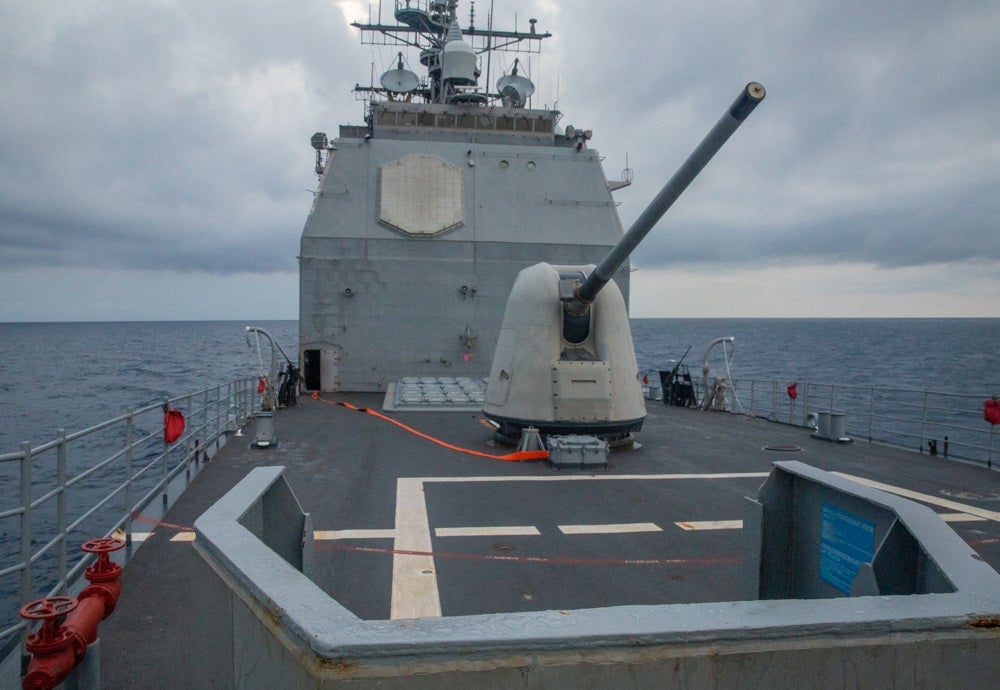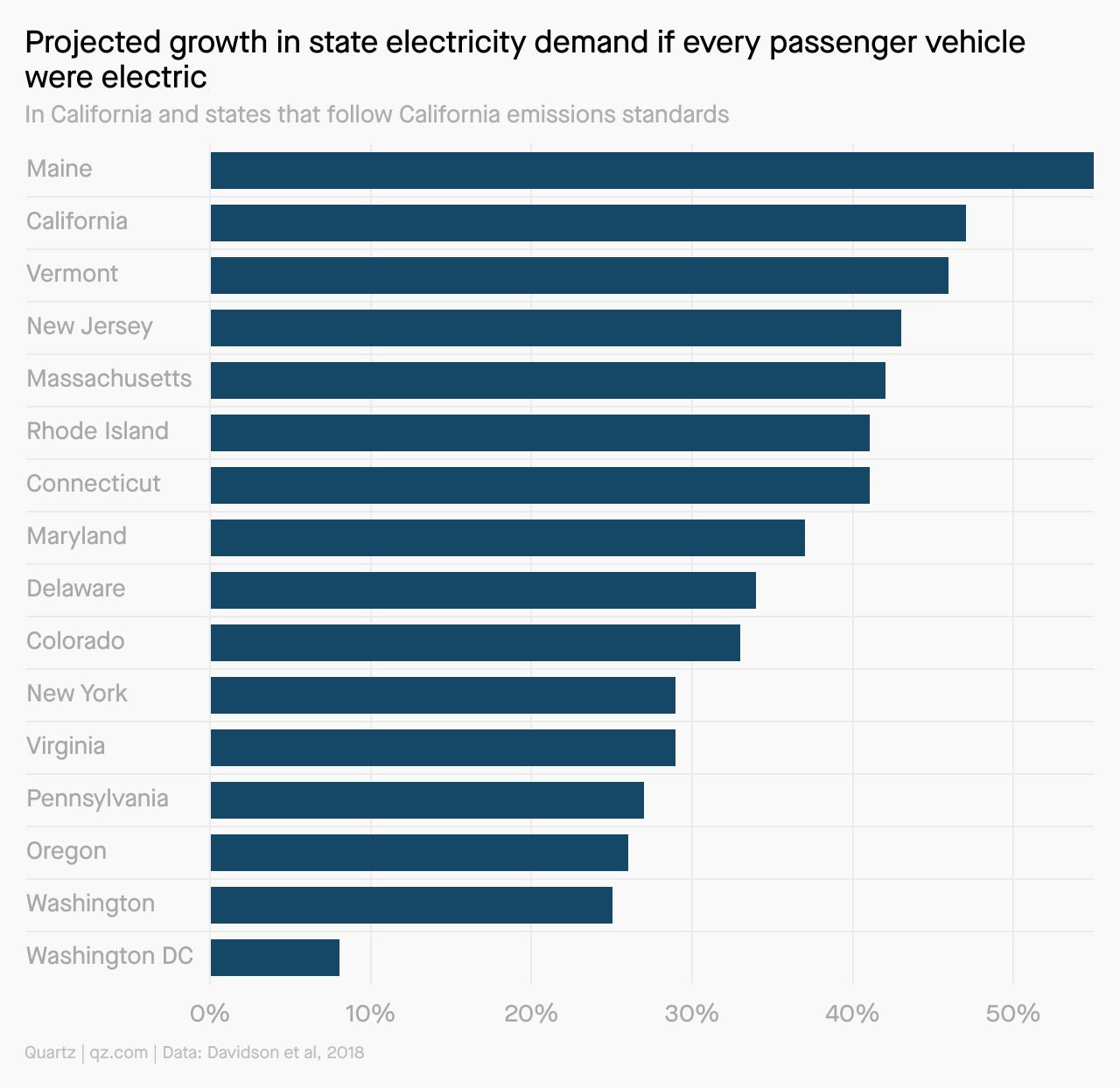🌍 US ships in Taiwan Strait
Plus: To the Moon (for real!)

Good morning, Quartz readers!
Here’s what you need to know
Two Navy warships sailed through the Taiwan Strait. The sail-by—which the US says was routine—came after China’s military drills, which in turn came after US House speaker Nancy Pelosi’s Taiwan trip.
Bitcoin sank to around $20,000. The cryptocurrency market is in retreat as the Federal Reserve mulls more rate hikes.
China’s industrial profit fell. Covid lockdowns and extreme weather are to blame for a decrease that erased previous production gains.
France and Algeria neared a gas deal. Natural gas deliveries to France could increase by 50% under a new agreement, though negotiations are ongoing.
Floods devastated parts of Pakistan. The country is seeking international aid after heavy monsoon rains killed more than 1,000 people.
Gas storage centers are quickly filling up in Germany. Despite continuing pressure on energy exports from Russia, an 85% capacity goal for October could be met by early next month.
Two illegal skyscrapers were demolished in New Delhi. A controlled blast took down 850 unoccupied flats in what was seen as a warning to corrupt construction companies.
What to watch for
The first flight of a new US Moon rocket was expected from Cape Canaveral at 8:33 am ET today, but has been delayed because of a fuel leak and engine problem.
The US has been building this rocket since 2010, and in 2017 the Trump White House made it the centerpiece of a lunar return. Beset by delays, the program has cost more than $93 billion so far, but has built the most powerful rocket currently in existence.
What’s new about this generation’s Moon mission? Scientists now know there is water on the Moon and want to check it out; politicians know China is aiming for the Moon and want to be there first; and the private sector hopes to unlock new economic opportunities in space.
Does California have enough energy to ban gas cars?
The US state announced last week that it will ban the sale of internal combustion engine passenger cars by 2035. California is the country’s biggest vehicle market, and more than a dozen states copy its emissions standards.

Theoretically, the grid should be able to handle it. Electricity supply and demand work in a reinforcing feedback loop: As demand grows, it creates an incentive for utilities and power companies to invest in new generation and transmission infrastructure. And EVs may be easier to accommodate since they don’t need to be charged at times of peak demand.
The bigger bottleneck could be the rollout of charging stations and the development of new bureaucratic systems to manage the flow of electrons between so many new distributed sources of supply (solar) and demand (EVs).
We’re finally admitting covid is airborne
Remember wiping your groceries in early 2020? It’s now an established fact that covid is airborne, but it took the World Health Organization two years to accept it. Public health has a storied history with aerosol transmission, and the idea that covid spreads via contaminated surfaces shifts blame off institutions and onto individuals. Annalisa Merelli put on a high-quality mask and went digging for answers.
✦ Has our covid coverage helped you navigate the rollercoaster of the last two years? Member support helps keep Quartz stories like these free and accessible to all. Sign up today and take 40% off when you do!
Surprising discoveries
Don’t trust a self-proclaimed cat person. A study found they’re more likely to do things most felines hate, such as picking them up and rubbing their bellies.
Brits, meet avocados. Avocados, Brits. Hot and dry weather means exotic fruits are thriving in the UK.
To look for alien life, we need to understand the Earth’s core. A big drill won’t help us, but a giant laser just might.
A baseball card sold for $12.6 million, a record for sports memorabilia. The collectible, purchased for $50,000 in 1991, was a home-run investment.
Archaeologists found a pre-Renaissance era alehouse in the UK. We’ll take one medieval brew, please.
Our best wishes for a productive day. Send any news, comments, cat figurines, and giant lasers to [email protected]. Reader support makes Quartz available to all—become a member. Today’s Daily Brief was brought to you by Tim Fernholz and Morgan Haefner.